As a blackout plunged her desert dwelling into darkness, Suwa Devi, a dancer belonging to India's Kalbeliya gypsy community, asked her neighbour to turn on his jeep's headlights so she could continue teaching her Zoom class, outside.
The coronavirus pandemic has forced many people to go online, but the largely nomadic, marginalised Kalbeliya face bigger challenges than most, with several living in mud huts or tents with patchy electricity and non-existent wifi.
"In the beginning, I had no idea how to make this work," dancer Aasha Sapera told AFP, describing her early forays into hosting classes on Zoom.
"We had so many internet problems. Lessons would often get cancelled because the connection was terrible," said Sapera, whose students span the globe from Japan to Brazil.
Virus restrictions wiped out the 26-year-old single mother's livelihood as a performer in tourism-dependent Rajasthan state. Like others in the community, she has received no financial aid from the government.
The struggle to survive is not new to the Kalbeliya. Although they have not faced persecution and slaughter on the scale of Europe's Sinti and Roma gypsies, they have long been condemned to living on the fringes of Indian society.
British colonial rulers designated the group as a "criminal tribe" in the 1800s and they continue to be stigmatised as thieves and prostitutes in independent India.
A 1972 ban on snake charming -- their traditional economic pursuit -- pushed them to eke out a living as dancers, with many learning the art from their mothers and grandmothers, as Sapera did.
- Sway like a snake -
The dance, which is meant to mimic the swaying movements of a serpent, with performers usually dressed in black, was classified as "intangible cultural heritage" by UNESCO in 2010 and has attracted a steady stream of global artists and researchers to Rajasthan.
Such access to international collaborators played a key role in their evolution as digital entrepreneurs, said Sapera, who is one of 11 dancers on Kalbeliya World, an online platform offering classes for a $10 fee that goes directly to the performers.
"They were very enthusiastic. They were also intimidated", said Belgian anthropologist Ayla Joncheere, one of the co-founders of Kalbeliya World, describing the dancers' initial response to the idea.
Joncheere and the group's other co-founders Aakansha Maheshwari and Christina Gomes set up a "buddy system", partnering each dancer with an overseas counterpart who could help navigate the administrative and technological challenges.
Since its launch in mid-May, some 600 students from 20 countries including Chile, Morocco, France and Finland have logged on to learn dance from the Kalbeliya.
The lessons, and the income they bring in, have been a lifesaver for the women, many of whom are the sole breadwinners for their large extended families.
The group's success has prompted other Kalbeliya dancers to follow in their footsteps, but with mixed results.
- 'Too difficult' -
When Binu Sapera -- members of the tribe often use the same last name meaning snake-charmer in Hindi -- first ventured into the world of online classes, she hosted a few lessons on Instagram, inviting students to pay what they wanted.
None of the people who signed up contributed.
"It was so upsetting. I had spent so much money getting my mobile data recharged so I could host those lessons, and it was all for nothing," she told AFP.
A British backpacker friend then helped her set up classes on Zoom, where she now teaches a small pool of students and earns around 11,000 rupees ($150) a month, barely half of what she used to make before the pandemic.
The loss of her livelihood coupled with a 20,000-rupee debt has left the 23-year-old mother-of-two, who lives in a mud hut with no electricity, deeply ambivalent about the Kalbeliya's future as rapid change comes to India.
"I desperately want my children to study and pursue other jobs, away from dance," she said.
"I used to love our way of life but now I feel that it's all just too difficult. You can't depend on it for anything."
- Female breadwinners -
Yet other Kalbeliya performers like Aasha Sapera believe dance may well be the key to empowering women and ending widespread discrimination against the community.
Dance gave Sapera the confidence to leave an unhappy marriage -- divorce is a rarity in the conservative community -- because she could easily out-earn her musician husband and raise their six-year-old daughter on her own.
Such financial freedom is a watershed for women in a community that high-profile dancer Gulabo Sapera says used to bury baby girls alive, reflecting India's longstanding gender bias in favour of men.
Gulabo, who has spoken of how she was rescued from such a fate, is one of a handful of dancers to enjoy international success -- helping to further ease the stigma.
Online classes, and the global reach they offer, could expand those possibilities, with Kalbeliya World planning to continue hosting lessons long after pandemic restrictions are relaxed.
With so much uncertainty still in the air, her devotion to dance has kept Aasha Sapera going.
"Dance has given me an identity.... I never want it to fade away," she said.
"I want my daughter to finish school. But I also want her to learn how to dance."





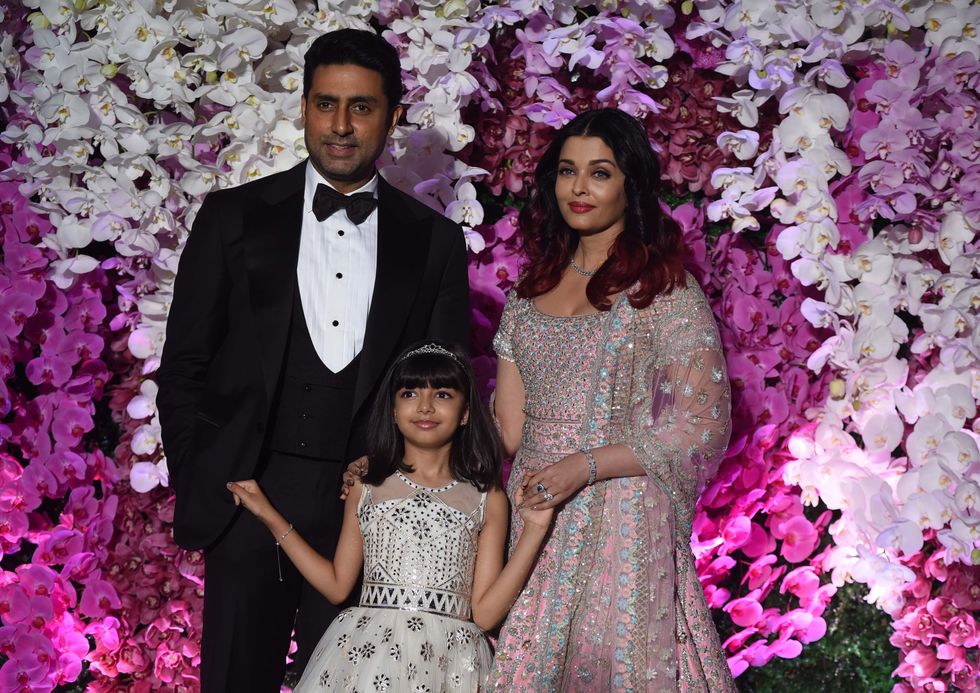 Aaradhya Bachchan has no access to social media or a personal phoneGetty Images
Aaradhya Bachchan has no access to social media or a personal phoneGetty Images  Abhishek Bachchan calls Aishwarya a devoted mother and partnerGetty Images
Abhishek Bachchan calls Aishwarya a devoted mother and partnerGetty Images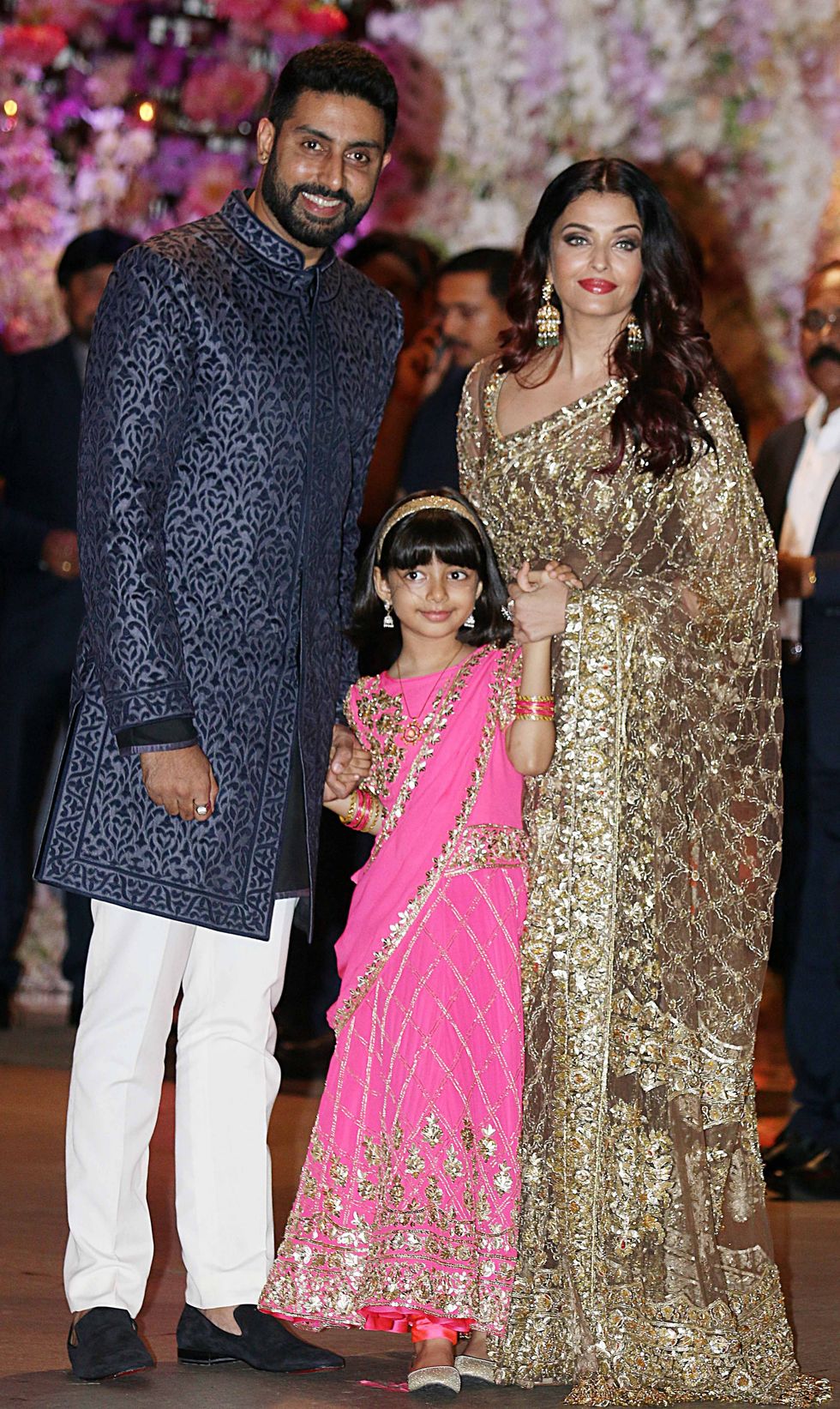 Aaradhya is now taller than Aishwarya says Abhishek in candid interviewGetty Images
Aaradhya is now taller than Aishwarya says Abhishek in candid interviewGetty Images Aishwarya Rai often seen with daughter Aaradhya at public eventsGetty Images
Aishwarya Rai often seen with daughter Aaradhya at public eventsGetty Images









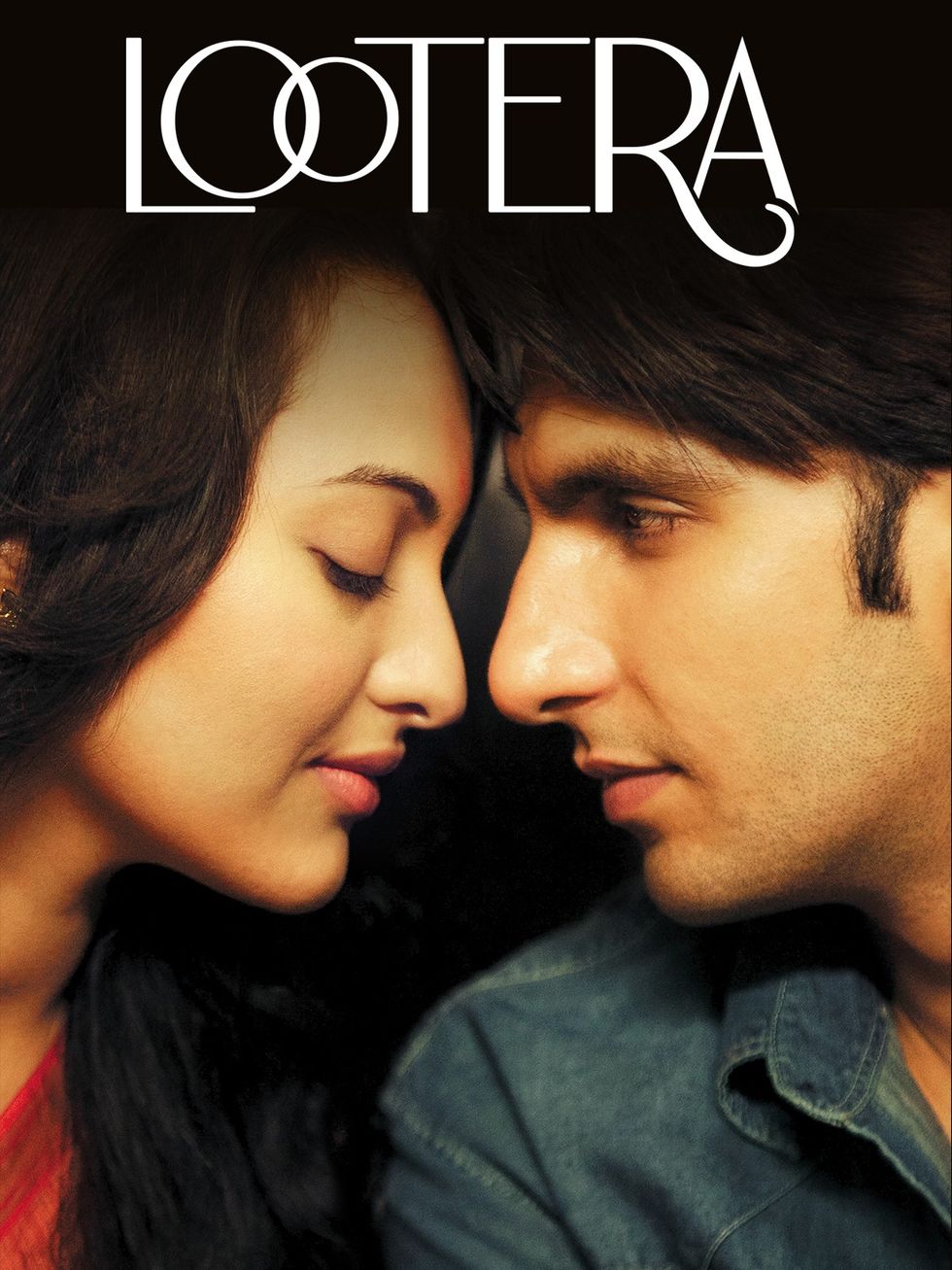 Lootera released in 2013 and marked a stylistic shift for Ranveer Singh Prime Video
Lootera released in 2013 and marked a stylistic shift for Ranveer Singh Prime Video  Ranveer Singh’s role as Varun showed he could command the screen without saying much
Ranveer Singh’s role as Varun showed he could command the screen without saying much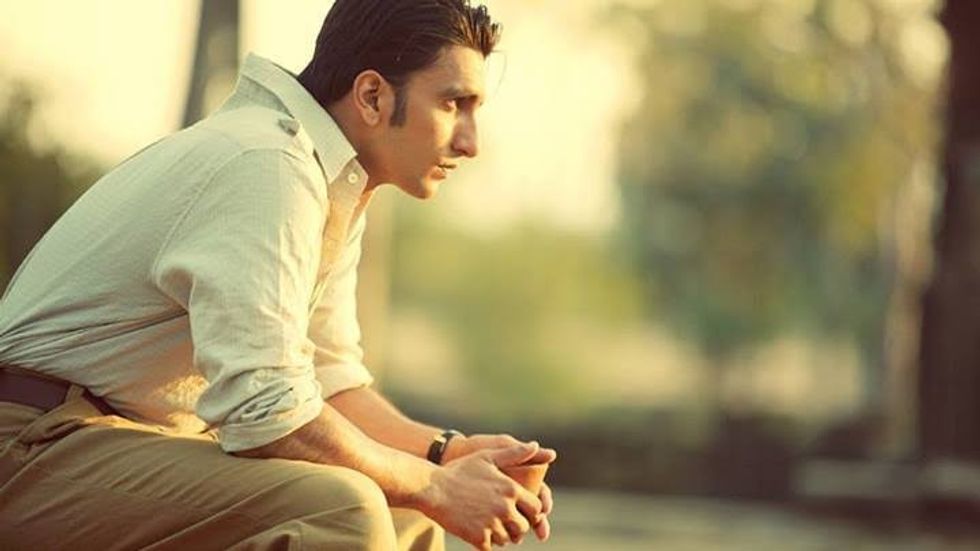 The period romance Lootera became a turning point in Ranveer Singh’s career
The period romance Lootera became a turning point in Ranveer Singh’s career Ranveer Singh’s performance in Lootera was praised for its emotional restraint
Ranveer Singh’s performance in Lootera was praised for its emotional restraint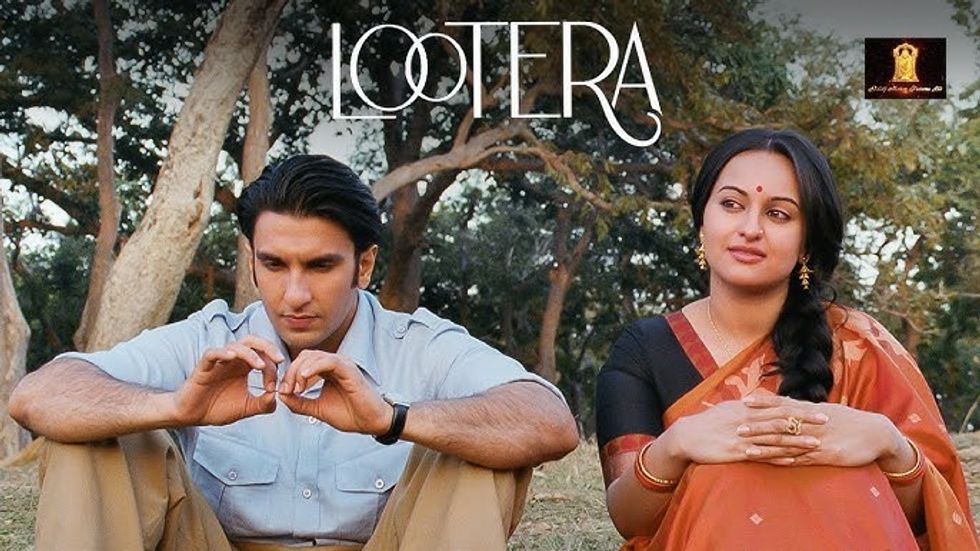 Ranveer Singh and Sonakshi Sinha starred in the romantic drama set in 1950s BengalYoutube/Altt Balaji Motion Pictures
Ranveer Singh and Sonakshi Sinha starred in the romantic drama set in 1950s BengalYoutube/Altt Balaji Motion Pictures  Lootera’s legacy has grown over the years despite its modest box office runYoutube/Altt Balaji Motion Pictures
Lootera’s legacy has grown over the years despite its modest box office runYoutube/Altt Balaji Motion Pictures
